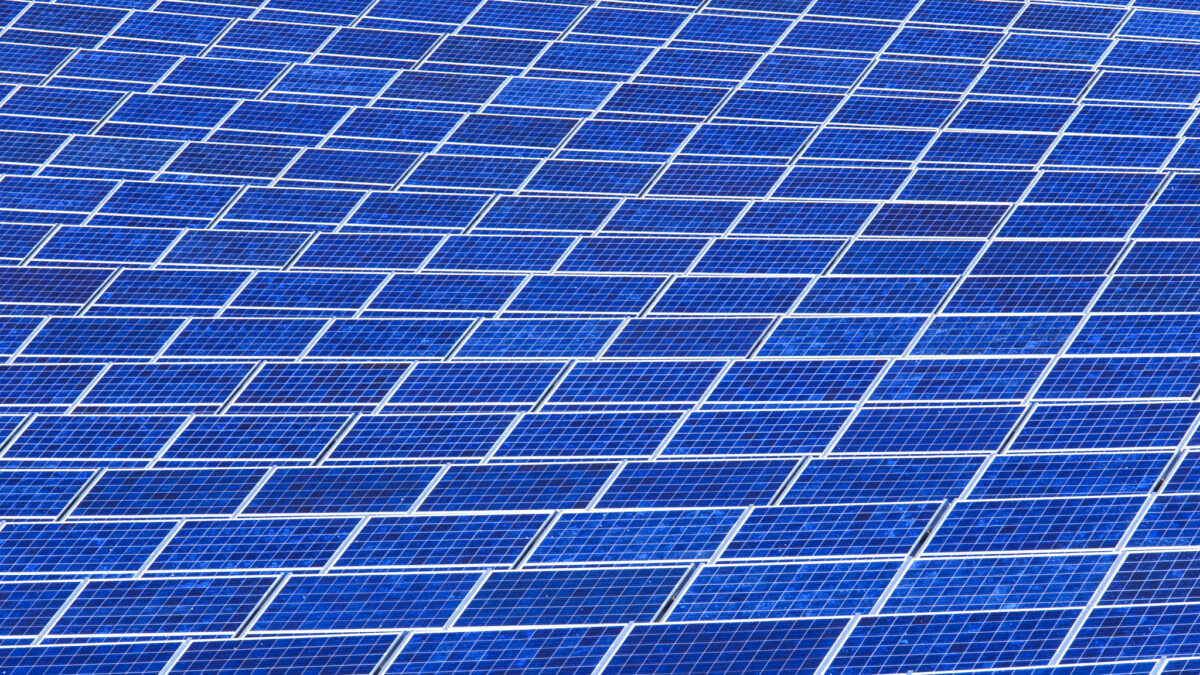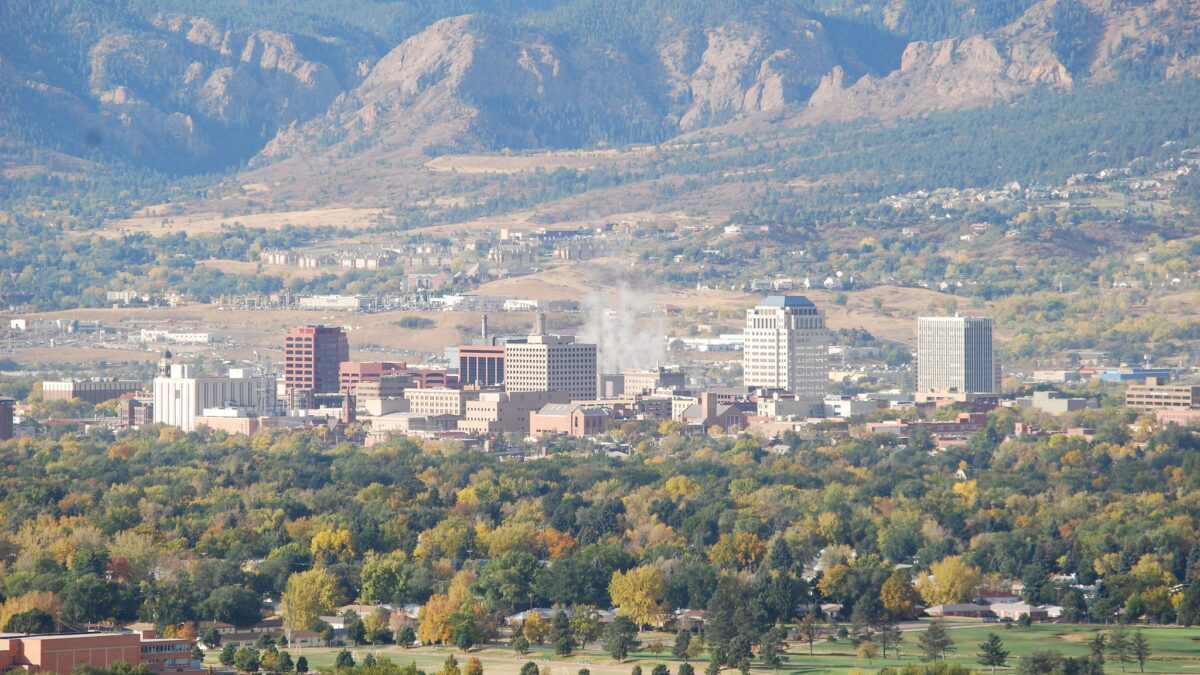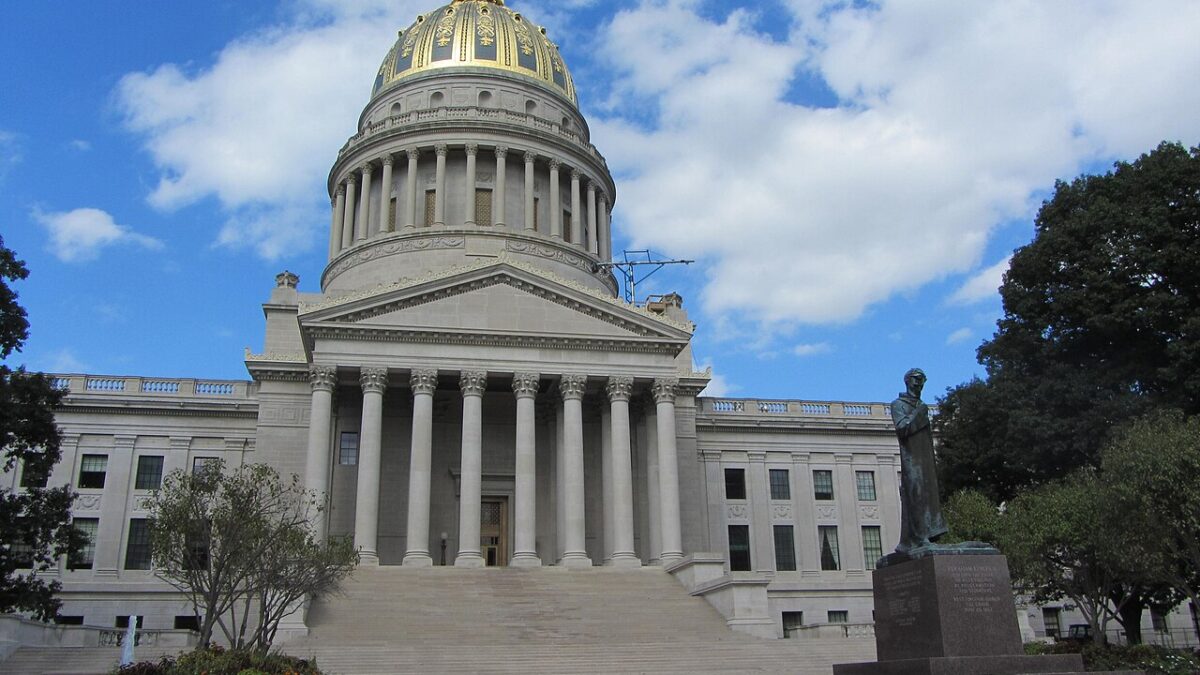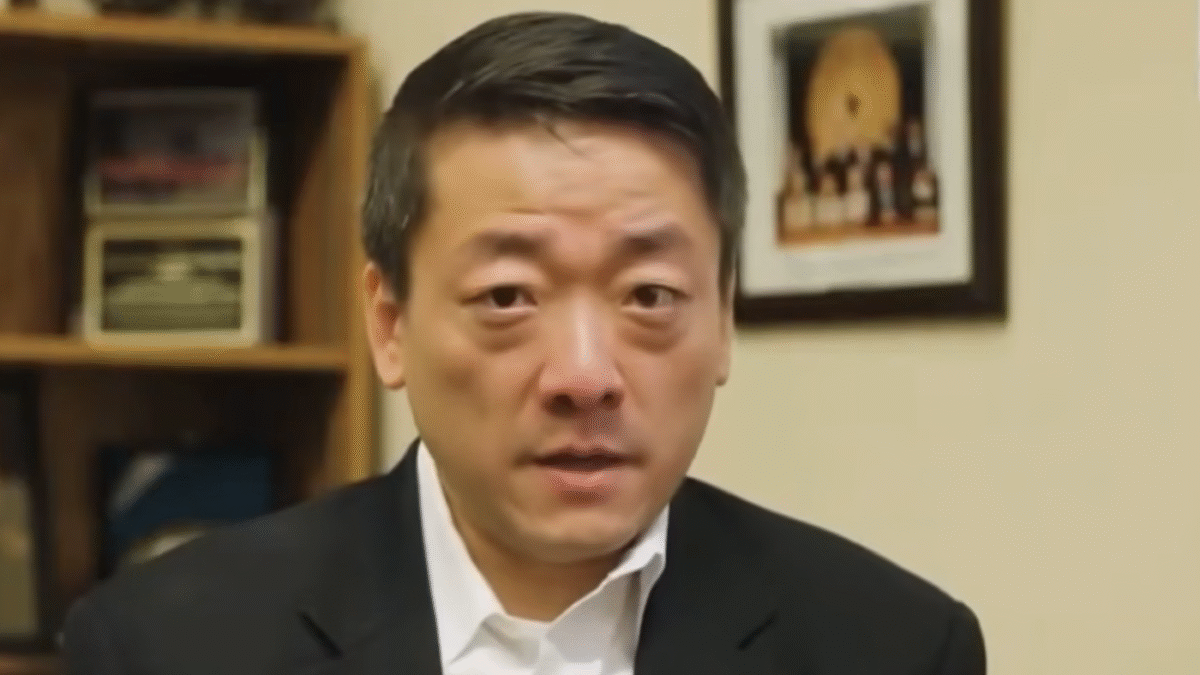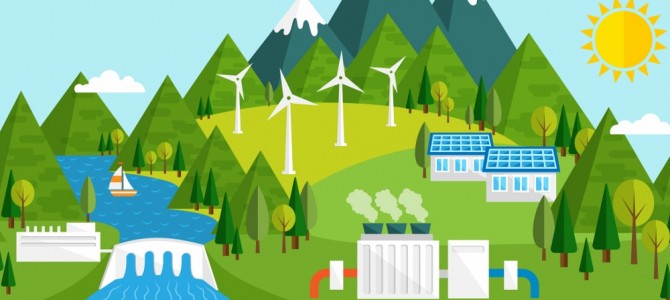
There is a preventable calamity out there, purportedly the root cause of nearly all wars, refugee crises, sickness, misogyny, terrorism, hunger, poverty, and everything else troubling mankind these days. The world is perpetually on the precipice of catastrophe—despite much evidence to the contrary—if we don’t act right now. Tomorrow is always too late.
So after being bombarded with this anxiety-ridden dogma for a couple of decades, it’s unsurprising that upwards of 75 percent of Americans claim to believe climate change is a problem in need of fixing. And most of them say they are willing to do absolutely anything necessary to stop this impending disaster.
Except carpool.
Or ride a bike.
Or skip a vacation.
According to a new Pew Research Center poll, the percentage of cars that run purely on gas has increased over the past three years. Fewer than three percent of all cars, SUVs, pickup trucks, and light-duty vehicles run on anything other than gas or diesel. The market for heavily-subsidized alternative-fueled vehicles has fallen. After years of subsidizing unproductive sectors and constantly bolstering the idea that inefficient electric cars are the future, no one really wants them. Even the use of hybrid cars is down from 2013.
In 1980, 64 percent of Americans who commuted to work did would do so alone in their car. Today, even after massive publicity effort cajoling people to get out of their cars and billions of dollars spent on public transportation projects like light rail, 74 percent of Americans who commute to work do so alone in a car. The percentage of commuters who carpool has fallen by more than half. There are likely a number reasons contributing to this trend—a less-centralized workforce, for instance—but the number has significantly fallen even with the proliferation of HOV lanes and the ceaseless end-of-days rhetoric from our politicians and media.
A few years back, Obama’s transportation secretary told me that America would be transformed by an explosion of people cycling to work and to school. “Like China?” I wondered, not facetiously. Well, in 1980, 0.05 percent of Americans biked to work. Today, 0.06 percent of people do, according to Pew—though, for some unfathomable reason, there has been an explosion of intrusive and impractical bike lanes across the country.
Government should be discouraging this dangerous behavior, anyway.
So it’s not surprising that the only way to pretend to make a difference is by government coercion. You have to laugh when Pew tells us that one of “the most dramatic shifts in recent years has been the rapid decline of the once-ubiquitous incandescent light bulb.” Well, gee, how do you think that happened? Since the regulatory phase-out of standard incandescent bulbs began in 2012, the residential light-bulb market has cratered only because the state believes it should dictate what innocuous household items Americans can buy and use in their own homes.
The other big, inspiring advance in environmentalism has been recycling, which is probably useless, but still compelled by many municipalities.
The emission-cut pledges that Obama administration will negotiate in a couple of weeks in Paris will be done by fiat, without Congress. It will be administered by the bureaucratic state. Never once will Obama mention during his inevitable victory speech that the cost of averting less than one degree of warming by 2100 will cost around a trillion dollars each year, according to climate scientist economist/political scientist Bjorn Lomborg. Environmentalists will dismiss Lomborg’s findings, but the fact is that any assessment that includes China’s in-30-years-maybe-we’ll-do-something promise is a waste of time. If you—who live in perhaps the most affluent place that has ever existed on Earth—can’t take the time to buddy-up on your way to work, on what rational basis do you believe that China or India is going commit economic suicide of its own volition?
Be thankful, though. The use of fossil fuels has been the greatest poverty-killing tool ever invented by mankind.
For us, it inevitable that this whole charade ends up granting more power to central government to micromanage our lives since so few people wish to voluntarily change their behavior, regardless of how much they tell pollsters they care about the issue. This is why Exxon is being sued by the government for retroactively failing to push theories that the state wants it to. Now, fanatics are drafting children to help punish companies for thought crimes. It is one of the most egregious attacks on free speech we’ve encountered yet. But even if the legal effort fails, which it almost surely will, the effort to chill speech by risk-averse Big Business will surely succeed. Which is the point, after all. The end goal isn’t censorship by government; it’s self-censorship by the targets of government.
This new push against speech is predicated on the laughable notion that Americans are being misled or barred from hearing the TRUTH about global warming, rather than simply being skeptical or uninterested because the scare campaign doesn’t make any sense. After all, not a day goes by that we don’t see some new disturbing story tethered to slight climate variations—apparently something completely new to the earth. The fact is that as much as people say they care, they don’t act like they care one bit.
I imagine there’s a certain amount of emotional gratification in telling a pollster you’re worried about global warming. What kind of deranged science-denying troglodyte isn’t? But how you act tells us something, too. Most Americans don’t feel obligated to make lifestyle changes. Maybe they intuitively understand trade-offs are necessary, but not worth it. Maybe they understand that humans have been adapting successfully to slight changes in the climate forever. Maybe they understand that countries with advanced, robust economies tend to have cleaner, healthier environments, and that wrecking a nation’s economy with job-killing taxes and regulations might actually make the environmental picture a whole lot dirtier. Maybe they believe mankind does cause minute changes to the natural climatic cycle, but recognize that there is really nothing we can do about it.
Or maybe they don’t really care at all, regardless of what they tell pollsters. Either way, it’s great news for anyone concerned about genuine progress.


